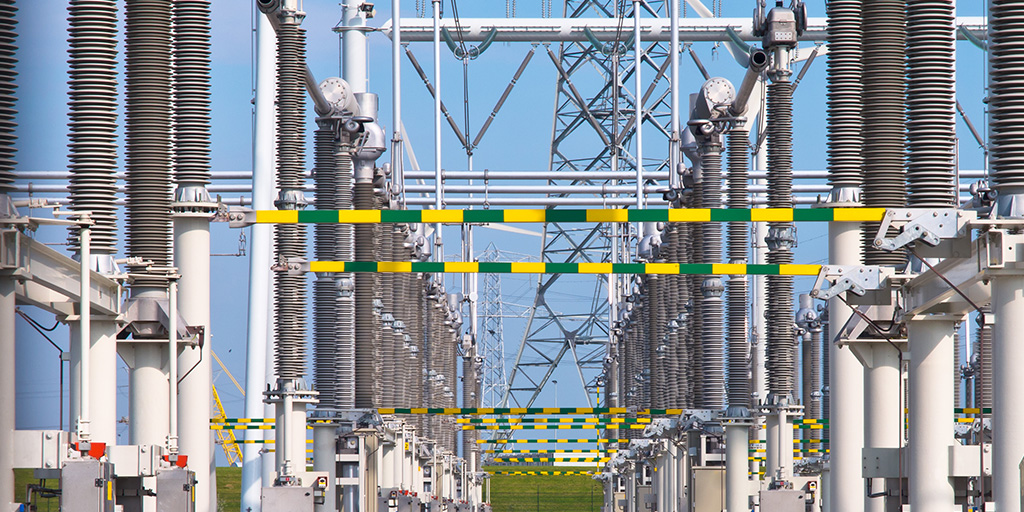
ANALYSIS OF THE ENERGY INFRASTRUCTURE STATUS – A COMPREHENSIVE ASSESSMENT OF ENERGY EFFICIENCY
We conduct a thorough assessment of the energy-consuming equipment and facilities, focusing on electrical, heating, cooling energy sources, distribution networks for energy and water, as well as technological processes and internal transportation. This service allows us to identify areas with the highest potential for energy and cost optimization.
1. Electric Power Sources – We analyze power sources, covering both local installations and network connections. This includes evaluating efficiency, level of wear, and potential energy losses from outdated equipment or non-optimal settings. When prioritizing modernization needs, we focus on identifying alternative energy sources such as photovoltaic systems or Combined Heat and Power (CHP) generators that can yield savings and improve energy efficiency.
2. Thermal and Cooling Energy Sources – We assess the status of heating, cooling, and ventilation systems, with particular attention to HVAC (Heating, Ventilation, and Air Conditioning) installations. We provide a detailed analysis of the efficiency and energy consumption levels of boilers, furnaces, heat pumps, coolers, and air conditioning systems. This assessment reveals opportunities to improve efficiency, such as by installing more modern, energy-efficient systems or implementing automation and thermal energy management.
3. Energy and Water Distribution Networks – We examine the networks responsible for distributing heat, cooling, and electricity within the company’s infrastructure. Our assessment includes verifying that the existing installations, such as pipelines, distribution channels, and transmission lines, are free from leaks and energy losses. Additionally, we evaluate monitoring and flow control systems, suggesting solutions to reduce transmission losses and optimize distribution based on the company’s actual needs.
4. Technological Processes – We analyze all technological processes within the company for energy efficiency, including production equipment, machinery, and installations supporting production. By determining energy consumption indicators for each production stage, we can identify the most energy-intensive processes. Based on this analysis, we develop recommendations for technological improvements, such as equipment modernization, process automation, or the adoption of energy-efficient production technologies.
5. Internal Transportation – Our assessment also covers the efficiency of internal transportation, which includes moving materials, semi-finished products, and goods within the facility. We evaluate the management of transport equipment, such as forklifts, conveyor lines, loading systems, and more. This involves exploring options to reduce fuel or electricity consumption, which can result from implementing more efficient operational schedules for transport devices, using energy-saving drives, or automating selected logistics processes.
6. Monitoring and Automation of Energy Infrastructure Management – Our analysis includes evaluating energy monitoring and automated management systems within the facility. Leveraging the latest IoT (Internet of Things) technologies and SCADA-class software, we can monitor equipment operation in real-time and pinpoint areas where energy losses occur. Automation solutions optimize energy consumption by automatically adjusting equipment operation parameters to changing energy demands.
7. Identification of Alternative Energy Sources – As part of our analysis, we also explore the potential for introducing renewable energy sources, such as photovoltaic panels, heat pumps, or wind turbines. We conduct feasibility studies and assess potential savings associated with implementing alternative energy sources, which can reduce operational costs and lower the company’s carbon footprint.
8. Modernization and Infrastucture Optimization Recomendation – Based on a comprehensive infrastructure analysis, we prepare a report containing detailed recommendations on modernizing or replacing equipment, optimizing processes, and implementing automation and digitalization in energy infrastructure.
Conducting an energy infrastructure analysis provides companies with a complete picture of the condition of their installations and the potential for reducing energy consumption. Thanks to our expertise, companies can make informed decisions on infrastructure modernization, achieving both financial savings and improvements in energy efficiency and environmental sustainability.


































